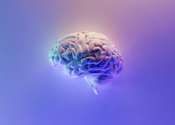The brain might also have a microbiome—what you need to know
The microbes that live in your gut are having their moment in the sun. Even if you haven't been following the research, you can't have missed the hundreds of adverts for probiotics and prebiotics, aimed at selling you products ...
May 16, 2024
0
25









